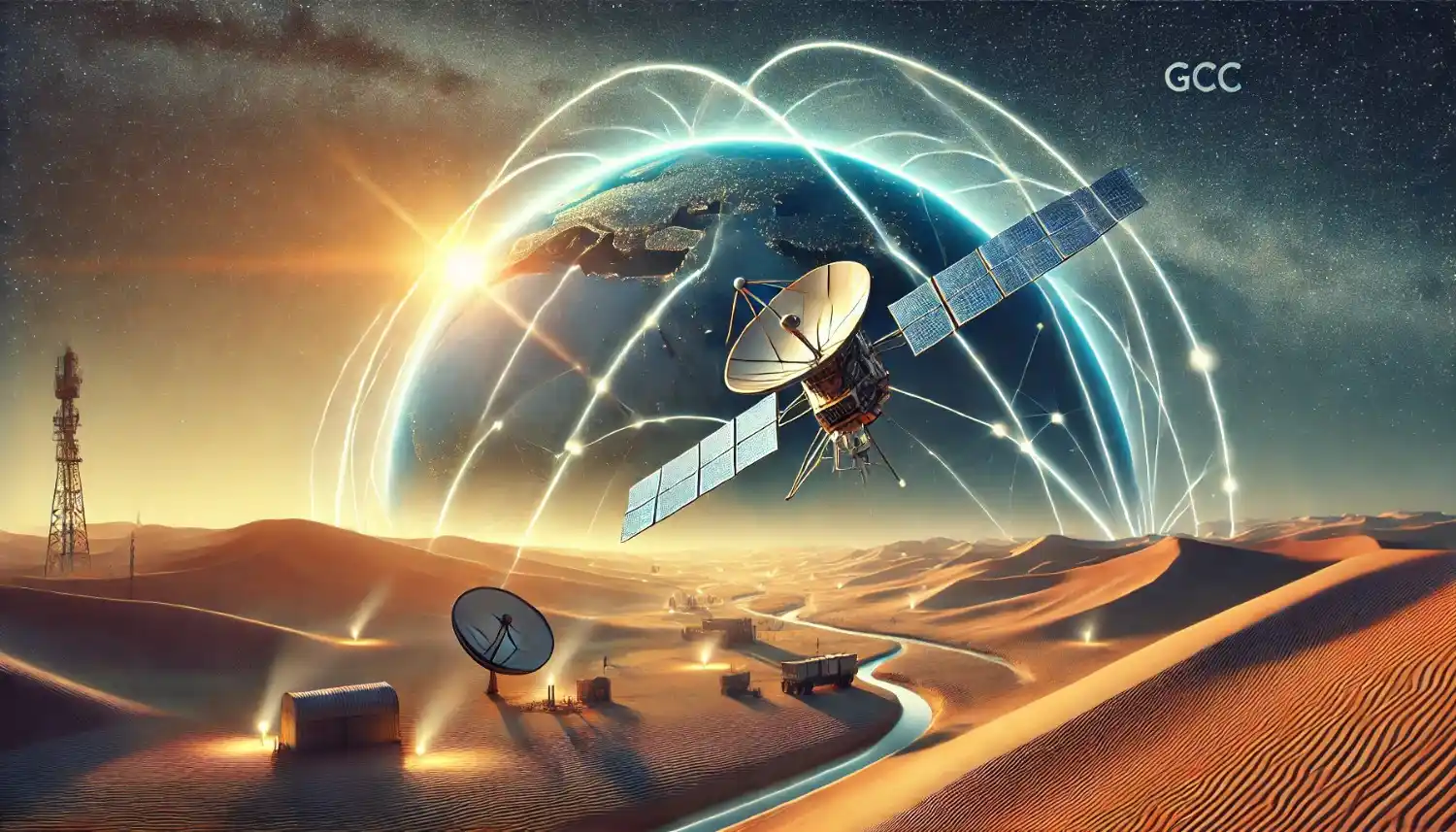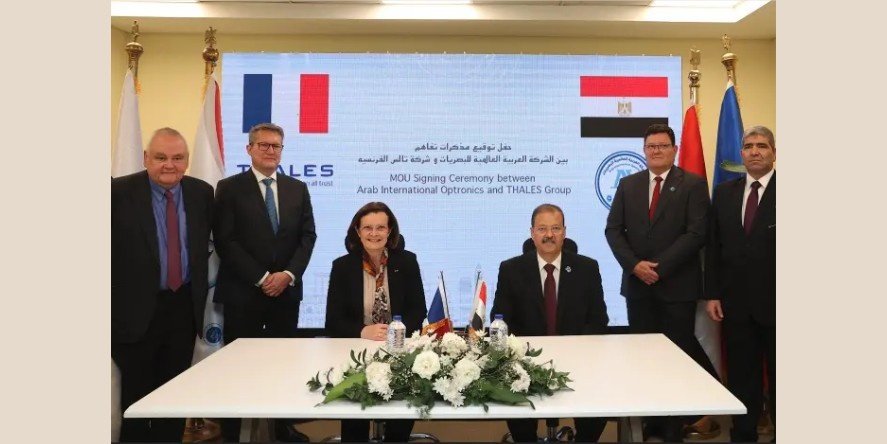The Gulf Cooperation Council (GCC) is embarking on a new era of digital transformation, with satellite internet playing a pivotal role in connecting remote and underserved communities. While urban areas enjoy widespread fast connectivity, rural regions have long faced significant digital gaps. Satellite internet is now bridging these divides, sparking innovation, and driving growth across all sectors in the region. It is not just about staying connected but unlocking a world of possibilities for everyone.
Bridging the Digital Divide
Despite the sophisticated infrastructure in major cities, a digital divide persists, hindering further advancement and tech adoption. Satellite internet is key to addressing this gap, providing remote areas with access to vital services such as education and healthcare. In Saudi Arabia, where Vision 2030 emphasizes equitable development, satellite broadband is facilitating telemedicine and enabling virtual classrooms, bringing high-quality education to remote corners of the Kingdom.
Transforming Industry and Agriculture
Small and medium-sized enterprises (SMEs) play a crucial role in the GCC’s economic growth. Satellite internet is empowering these businesses in Bahrain, the UAE, and beyond by providing seamless access to e-commerce platforms, cloud services, and global markets. With satellite connectivity, SMEs can leverage advanced logistics and inventory management systems, boosting their competitiveness in international trade.
In agriculture, the GCC is witnessing the adoption of precision farming techniques. Satellite-based technologies, such as GPS-guided tractors, drones for crop monitoring, and irrigation sensors, are improving efficiency and yields, particularly in arid regions.
Increased connectivity is expected to significantly enhance the contributions of SMEs to the region’s GDP.
Fueling Industry 4.0 Adoption
The Fourth Industrial Revolution is transforming key sectors in the GCC, such as oil and gas, agriculture, and logistics. Satellite technology is central to this transformation. For instance, Saudi Aramco uses digital technologies, including satellite networks, for remote monitoring and automation in oil fields, reporting improvements in efficiency, safety, and environmental performance.
Satellite-enabled IoT sensors are optimizing oil extraction processes, contributing to increased operational efficiency and safety. Precision farming powered by satellite technology is also enhancing agricultural productivity in arid regions.
Schlumberger, a global oilfield services company, utilizes AI-powered satellite data for reservoir modeling and production optimization in the Middle East, demonstrating the potential of satellite technology to improve efficiency in the region’s oil industry.
Key Satellite Players Transforming the GCC
- Starlink: Elon Musk’s Starlink is rapidly expanding across the GCC, delivering high-speed, low-latency internet, crucial for IoT and autonomous vehicle applications. Starlink’s scalable solutions are particularly impactful for maritime zones and remote desert communities.
- AST SpaceMobile: AST SpaceMobile is revolutionizing direct-to-device communication in the GCC by enabling internet access on standard smartphones without specialized equipment, making satellite adoption more accessible.
- Lynk: Lynk uses LTE standards to integrate seamlessly with existing terrestrial networks, offering a cost-effective solution to expand connectivity in areas like rural Oman.
- Viasat and Iridium: Focused on IoT solutions, Viasat and Iridium are supporting industries like logistics and agriculture, enabling real-time data collection and analysis even in harsh environments, driving smart city initiatives and industrial automation across the GCC.
Shaping the Future of Connectivity
The GCC is actively shaping the future of satellite internet with initiatives like the UAE’s licensing of Starlink for maritime use, showcasing the region’s commitment to embracing this technology. Regional collaborations, such as those between Yahsat and private tech firms, are accelerating innovation and expanding access to affordable satellite solutions.
As the GCC continues to invest in satellite infrastructure and adapt to the evolving regulatory landscape, satellite internet will become an even more integral part of the region’s digital transformation, fostering economic growth, social inclusion, and regional competitiveness.















